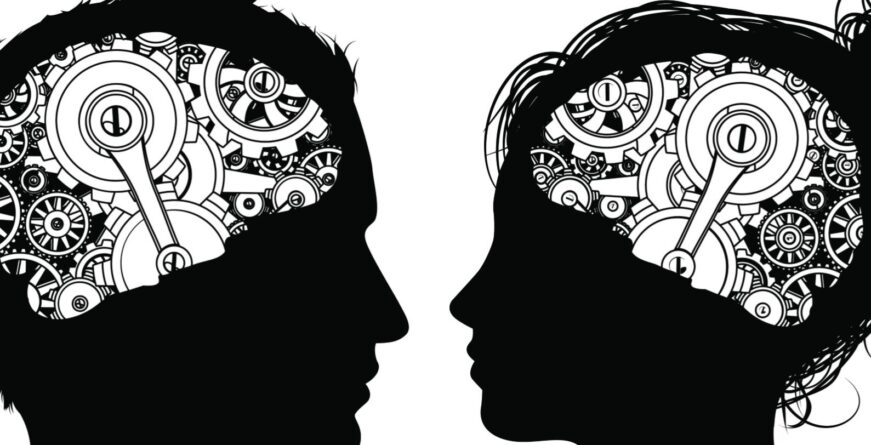Testosterone Testosterone, the hormone of desire, has mistakenly been called “the male hormone”. Women’s ovaries and adrenal glands make lots of testosterone, we just have a lot less of it than men. Testosterone is the fuel that gets “the brain’s sexual engine” revving. When there’s a sufficient amount of testosterone, it accelerates the hypothalamus, activating …
Continue Reading
